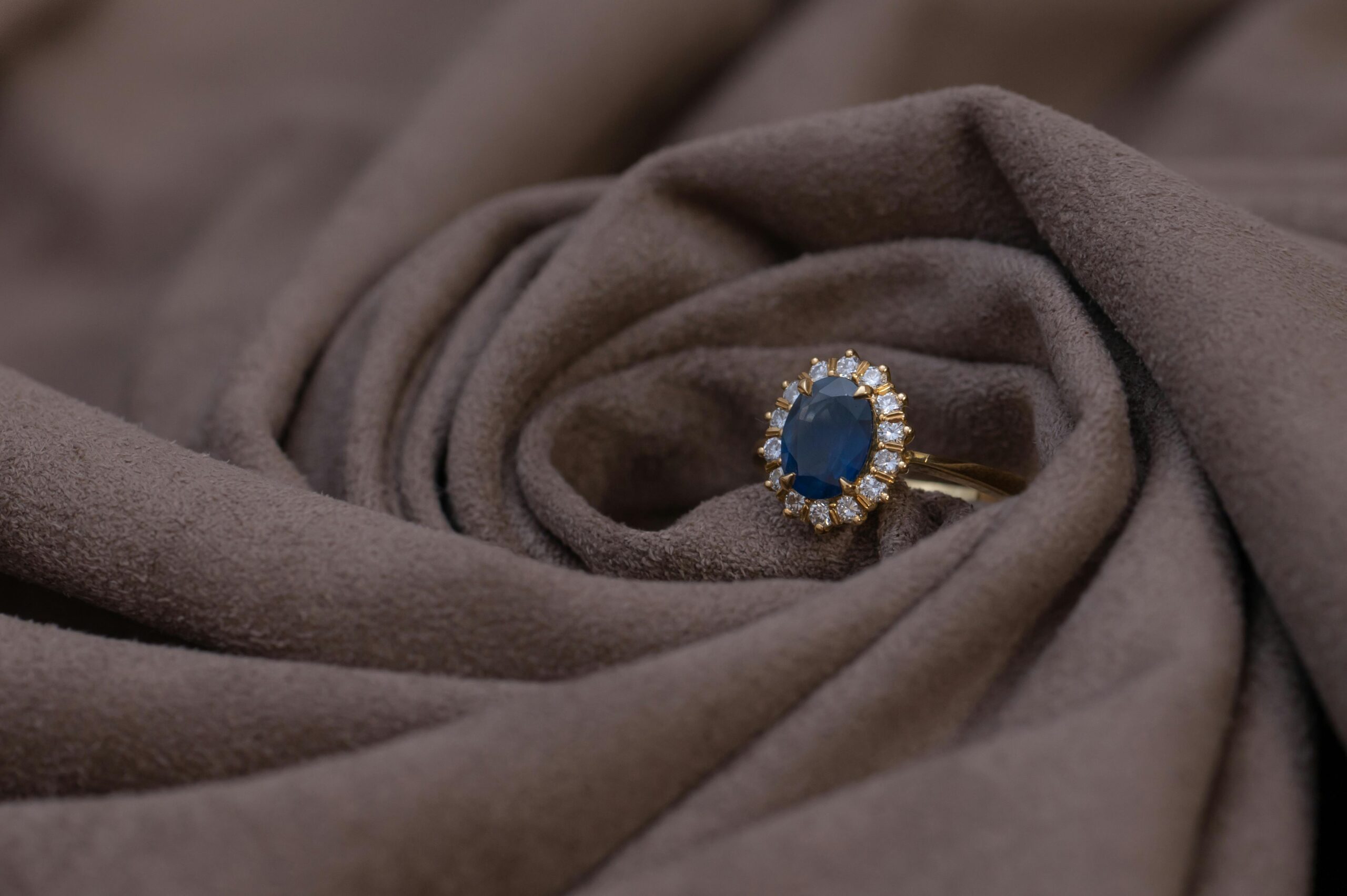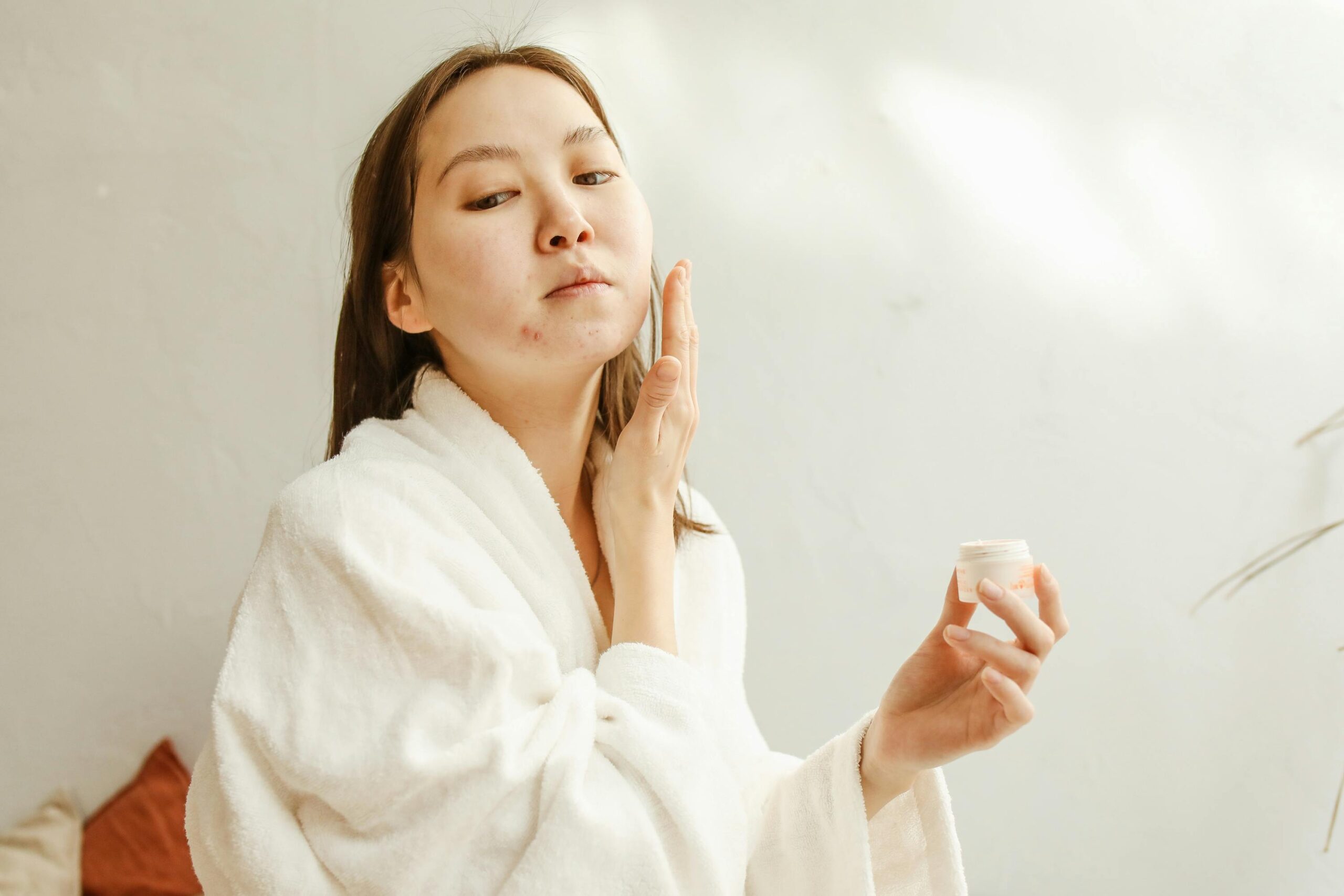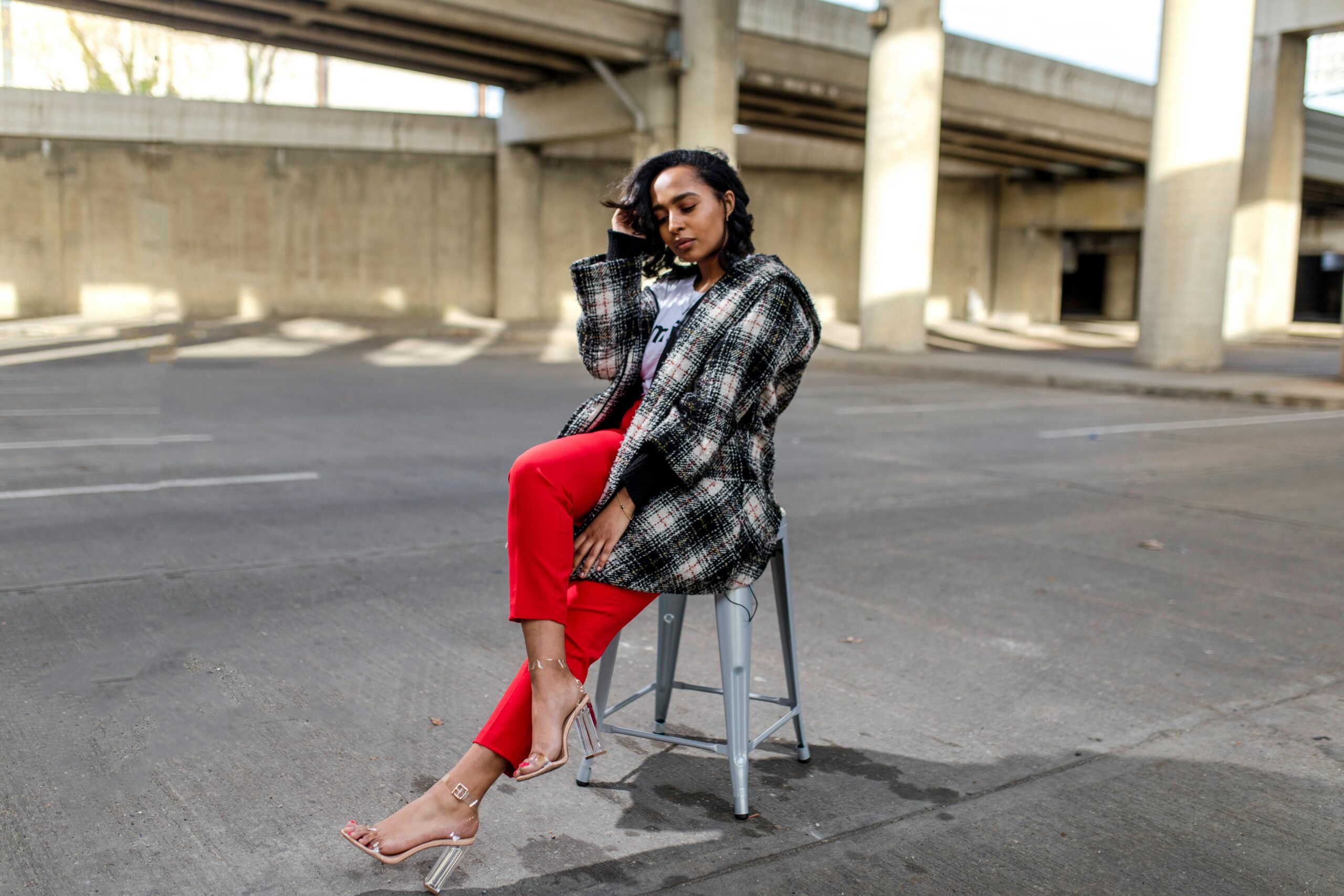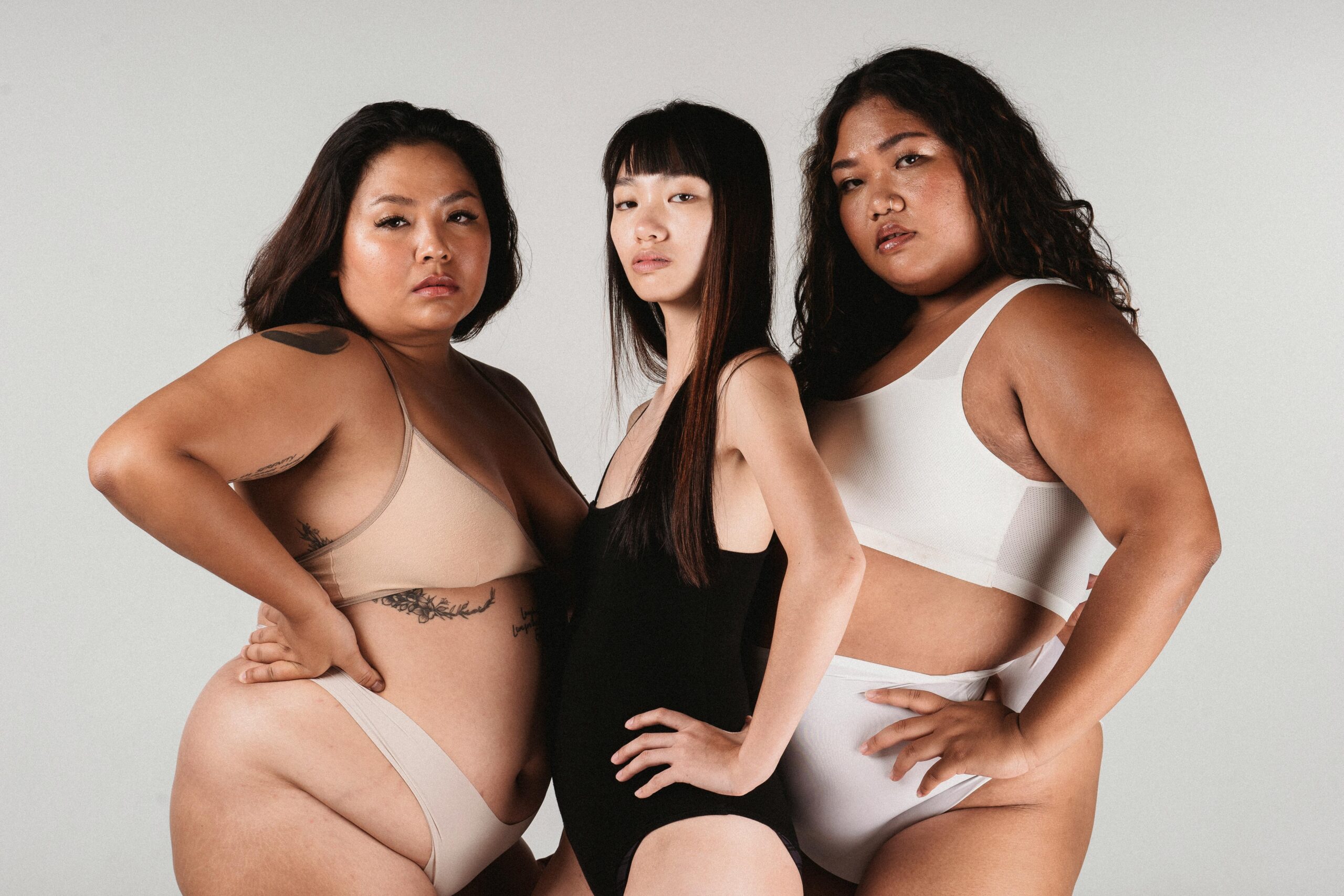
Although going outside and getting sunlight is important for overall health and well-being, the ultraviolet (UV) that the sun emits can be harmful to humans. Sun protection measures are crucial for maintaining great skin health and reducing the risk of future health issues.
Failure to protect your skin from the sun can lead to sunburn, which is painful and annoying. Severe sunburn can significantly increase the risk of skin cancers due by causing irreversible damage to the DNA inside the skin cells.
If you or one of your family members get sunburned, there are several vital steps to take. In this article, we will cover what to do when you get sunburned to enhance your comfort, speed up the recovery process, and minimize any negative long-term impacts. The following tips are also great to follow in your daily skincare routine to improve your skin and boost your confidence.
Moisturize the Skin
One of the best tips for soothing sunburned feet, legs, arms, or face is moisturizing the skin. No matter which area of your body has been overexposed to the sun, a high-quality cream can add moisture to the dry areas of the sun burned skin to reduce pain and peeling.
Sunburned skin quickly becomes dry and may start to peel. You should apply moisturizer as soon as you notice redness, peeling, or blistering. Avoid using petroleum-based creams as they can trap heat and slow down the recovery process. Instead, go for those with natural ingredients, such as aloe vera.
Stay Out of the Sun
As soon as you realize that your skin is sunburned, you should get out of the sun as soon as possible. Continued exposure to the UV rays of the sun after the skin is already starting to burn will only exacerbate the problem and disrupt the healing process.
Go indoors or find a shaded area to protect your skin from the sun. If you do need to head out into direct sunlight, keep your skin covered with long-sleeved clothing and wear a high-factor sun lotion.
Cool the Affected Area
Sunburned skin is hot, red, and inflamed. Applying a cool towel or cold compress to the affected area of your skin will reduce pain and swelling, and promote a speedier recovery.
The cool temperature will reduce blood flow to the skin to minimize further inflammation and provide soothing relief. Apply the cold towel or compress to your skin as soon as you notice it is burned, and continue to do so twice a day (once in the morning and once in the evening) for the next week or so.
Stay Hydrated
Sunburn can dry out the skin, and being dehydrated worsens this issue. You must always drink enough fluids to keep your body (including your skin) hydrated, especially if you are continuing to sit out in the hot sun.
Keep a water bottle by your side and try to avoid getting thirsty, as by the time you feel thirsty, your body is already dehydrated. Take regular sips of water throughout the day and avoid diuretic drinks, such as alcohol or caffeinated coffee, as they can increase urinary output and contribute to dehydration.
Avoid Picking or Peeling Your Dry Skin
It’s tempting to pick at your peeling skin when it’s sunburned. However, doing so can increase the risk of skin infections and slow down healing.
Avoid touching the areas of sunburned skin altogether, aside from when you’re applying moisturizer or sun protection lotion. Allow your skin to peel naturally, which may take a couple of weeks. If your skin is itchy, apply more moisturizer and resist the urge to scratch at any dry, peeling patches.
Wear Loose, Lightweight Clothing
Tight clothing can be uncomfortable when your skin has been burned by the sun. It can rub on dry areas, pull off peeling skin, and cause further inflammation, all of which can make your sunburn more painful.
Choose loose clothing that feels light and airy on the skin. Ensure your clothing covers your skin’s sunburned areas to prevent the sun from causing further damage. Pair your outfits with a wide-brimmed hat and sunglasses to block out as much UV light as possible.
Consult a Healthcare Professional
If your sunburn is severe and doesn’t seem to be healing, it’s best to consult a healthcare professional for advice. This is particularly important if you’re experiencing a lot of pain or your skin shows signs of infection, such as redness and pus-filled blisters.
A dermatologist or qualified skincare specialist can offer guidance on treating your sunburn and supporting recovery. They can also prescribe treatments to promote faster healing, minimize your symptoms, and reduce the risk of further complications.

















